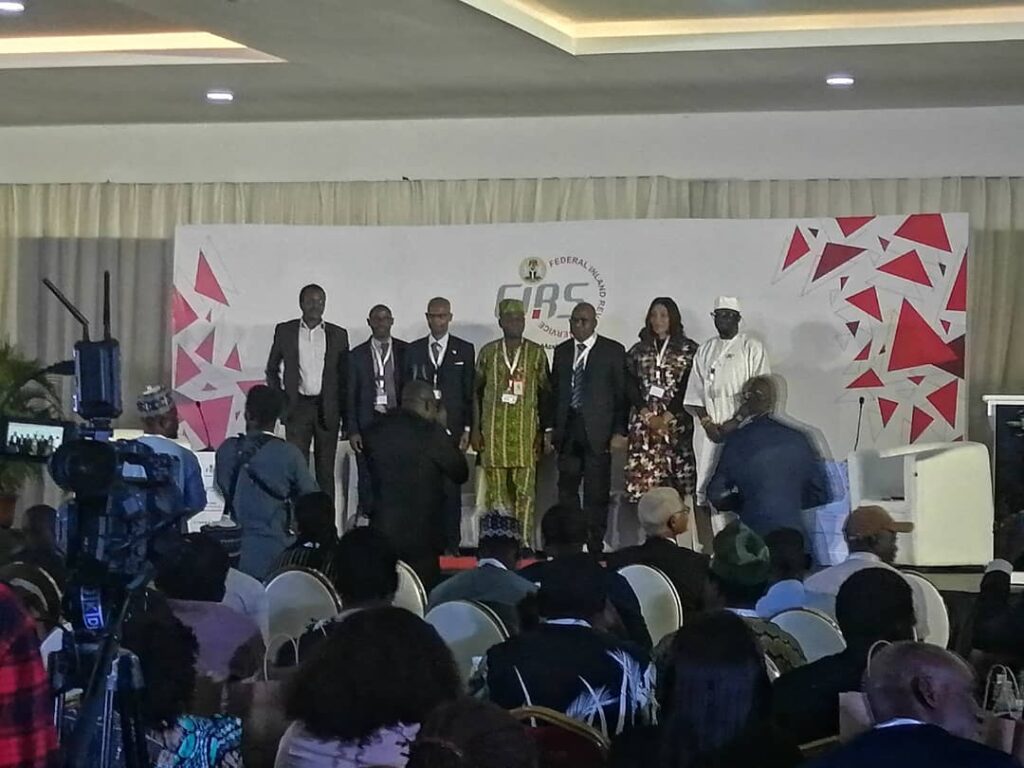By: Goodluck E. Adubazi, Abuja.
The Executive Chairman of the Federal Inland Revenue Service (FIRS), Dr. Zacch Adedeji, has emphasized that Nigeria cannot build a modern economy on outdated trust. He made this known while addressing participants at the Emerging Taxpayers Group, Tax Clinic and Tax Clarity Forum, held at the Nigerian Army Conference Centre, Abuja, on Tuesday.
Ably represented Dr. Adedeji said nation-building is a collective effort that requires transparency, fairness, and accountability in tax administration.
“Our goal is to create a transparent and seamless tax environment that enables businesses to grow while treating taxpayers with fairness and respect,” he stated. “I often say that we cannot build a modern economy on outdated trust.”
Dr. Adedeji stressed the importance of rebuilding trust between the government and the governed, as well as between tax authorities and taxpayers.
“Trust is built through transparency, empathy, and service,” he added, quoting an African proverb: ‘If you want to go fast, go alone; if you want to go far, go together.’
He urged all stakeholders to work together to simplify taxation, promote voluntary compliance, and strengthen trust within the system.
The second edition of the Emerging Taxpayers Group forum attracted a large gathering of stakeholders, tax professionals, and industry experts, featuring robust discussions and panel sessions on the new tax reforms.
Delivering the keynote address, Mr. Innocent C. Ohagwa, President and Chairman of the Chartered Institute of Taxation of Nigeria (CITN), spoke on “Voluntary Tax Compliance: A Driver of Inclusive Growth.” He traced Nigeria’s tax history from the pre-1990 era to the introduction of self-assessment in 1991 and 1996, up to the 2019 Finance Act, and the ongoing National Tax Administration Act (NTAA) 2025.
Mr. Ohagwa underscored that taxation is not merely a tool for revenue generation but a civic duty that fosters national development. He emphasized the need for taxpayers to understand the components of compliance and the benefits of transparency in the system.
Standard Times Nigeria, which has covered the the second edition of the emerging taxpayer’s group reports that the Panel sessions during the event focused on who should be taxed and who qualifies for exemptions under the new NTAA 2025 reforms. According to the new law, small businesses with turnovers between ₦50 million and ₦250 million in assets are exempted from paying certain taxes, while those with turnovers above ₦100 million fall under the NTAA’s taxable category.
The panelists agreed that subnational governments must also be held accountable for funds collected but unaccounted for, stressing that trust remains the foundation of voluntary tax compliance—a principle made more achievable through the new NTAA 2025 reforms.

